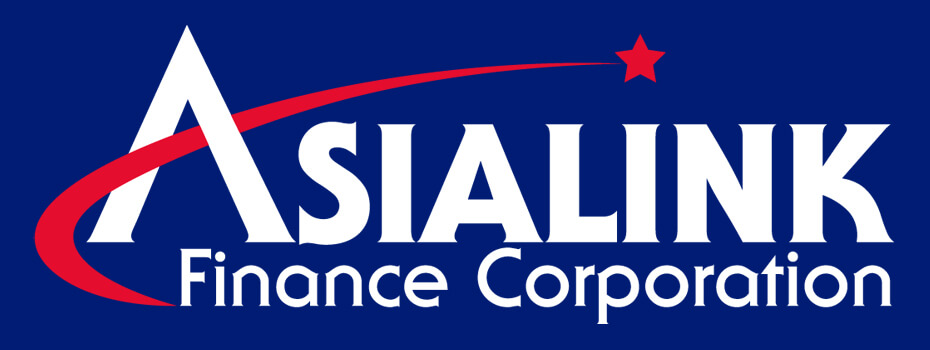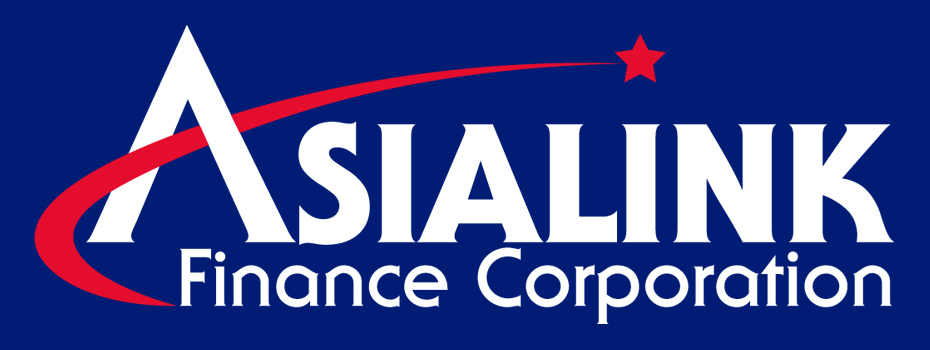Talking about financial issues may be challenging because many perceive them as a sensitive topic, perhaps due to culture and upbringing. As a result, many fail to learn how to manage debt and build wealth, leading to a downward spiral of money problems.
According to CEIC, household debt in the Philippines reached $39.8 billion (P2,165,617,500,000.00) in December 2022, accounting for 10.1% of the country’s GDP.
Despite the pressing need to solve financing troubles in the country, conversations surrounding money and debt are still practically taboo, partly because they cause family tensions and broken friendships. However, understand there’s no shame in asking for help and discussing financial problems with loved ones.
Talking about debt is the first step to overcoming shame. Let’s delve into how to reduce debt in this article to help you solve debt-related issues and cut the stigma surrounding it.

How to Talk about Debt
The first step to solving any problem is to recognize that there is one, and an excellent way to do so is through discourse. Here are some practical tips to help you talk about debt.
1. Understand your debt
Talking about debt is more difficult if you don’t understand the issue, as you might provide incorrect details and inadvertently confuse or misdirect your listener. So, ensure you fully comprehend your financial situation before talking to someone. You can start by accounting for the total amount you owe to understand the problem’s seriousness.
Plus, being self-aware about how you’ve been handling the matter is essential to improving your finances. For instance, ask yourself if you’re taking steps to pay off debts or have been deferring them. Loans are highly stressful, especially when you can’t afford anything else due to repayments. So, reflect on how your problem has affected your daily life, then find ways to minimize its impact.
2. Create a repayment plan
Before approaching someone, it’s crucial to have a repayment plan to demonstrate your dedication to finding a solution.
One of the most intuitive ways to pay off debt is to prioritize them in your budget. Defer travel funds or phone savings and try to repay first. Also, create a budgeting plan and stick to your saving habits religiously. Consider debt consolidation as well, which involves combining debts so that you’d only need to focus on one.
3. Talk to someone you trust
Only confide in a person you can trust. Debts, especially significant ones, often entail heavy emotions, so choose someone who will listen without judgment and won’t reveal information to anyone else behind your back.
A trustworthy person can help you deal with bills and expenses strategically. They could help you build a budgeting system and provide tips on saving money and avoiding getting buried in debt. Ultimately, having someone on your side can motivate you to become more financially responsible.
4. Choose the right time and place
Pick the right moment to talk with loved ones. You want them to listen, but critical discussions may feel less sincere and unimportant when both of you have work to do. Remember, conversations about debts and finances are uncomfortable for many, so choose a time when you’re relaxed and in an appropriate setting with no interruptions or distractions.
5. Be honest and open
Complete honesty is crucial for these sensitive conversations, so state the facts and tell the entire story. You could even present records of your debts and the measures you’ve taken to solve the problem, so your loved ones would know you’re serious about resolving the issue. They only want the best for you, and being truthful encourages them to help wholeheartedly.
Being open about how debts have affected your life and relationships is also essential. Tell them how the problem makes you feel, then ask about their savings and repayment strategies. You may use this information to reflect on your negative financial habits and avoid them moving forward.
6. Avoid being defensive
It’s natural to be embarrassed when discussing debts with loved ones, but you must avoid saying hurtful things out of defense to preserve relationships. Own up to your mistakes so they will feel comfortable helping you.
Emotions might cloud your judgment during sensitive discussions, but staying calm and collected is essential. Also, avoid dwelling on the problem too much. Instead, focus on finding solutions while building budgets and repayment plans proactively. You could consider it a bonding experience, so use it to build trust while working toward financial stability.
7. Ask for help
There’s no shame in needing help whenever you encounter a problem. It may be the most challenging part of talking about debt but don’t be ashamed to ask for support, which may take the form of empathy, understanding, or asking loved ones to hold you accountable for your financial decisions.
Solving problems is complex whenever you feel overwhelmed or anxious, but a helping hand can provide the confidence to achieve your goals.
8. Set financial boundaries
The fear of missing out (FOMO) often causes people to abandon their savings plans. You might want to do the same whenever friends plan to travel or attend a concert. However, sticking to your repayment plan is critical to getting out of debt ASAP, so try telling loved ones about it.
Consider talking about your financial capacity. For example, express concern about expensive hotels and activities if your loved ones are planning a holiday. Then, they’ll know your limitations and factor your financial situation into their plans.
How to Manage and Reduce Debt: 5 Steps
After discussing your situation, it’s time to start taking action. These practices can help you manage and reduce debts.
1. Create and stick to a budget
Start your financial journey with budgeting, where you allocate expenses into categories like needs, wants, and savings. A budget also helps you track your cash flow to see where your money goes.
Your budget should consider your financial situation and aim to eliminate unnecessary costs. Once you have a budget plan, stick to it religiously to avoid overspending, which could further drive you into debt.
2. Prioritize paying off your debts
Again, a straightforward way to pay off debt is to prioritize repayment and reduce unnecessary expenses, like eating out, buying new things, and leisure travel. Pay as much as you can afford without sacrificing necessities, then repeat the process until you’ve finally completed all loan obligations.
3. Track and reduce your expenses
Tracking expenses provides a clear insight into your spending habits to help you cut back on unnecessary spending. This step should be part of your budgeting strategy to determine which particular expenses you can reduce, then adjust your budget accordingly. Since tracking is often tedious, look for apps that can help you stay on top of your cash flow on the go.
4. Negotiate with creditors
If you’re having difficulty meeting repayment schedules and running out of options for debt relief, consider negotiating with creditors. Some lenders may be willing to adjust their payment terms to something more realistic for your budget, which can help make repayment more manageable. Meanwhile, others might be willing to reduce outstanding balances or interest fees.
While negotiations don’t guarantee creditors’ agreement to your proposal, being proactive could lead to a mutually beneficial arrangement to help you pay off debts faster.
5. Increase or expand your sources of income
If you’re short on funds for debt repayment, consider increasing or expanding income sources. You could work extra hours, start a side business, or freelance in your spare time. Yes, doing so would require additional time and effort—at least until you’ve repaid your debts.
Debt Repayment Methods: 3 Ways to Pay Off Your Debt
Understanding how to reduce your debt efficiently takes you closer to financial freedom. Let’s discuss a few repayment methods below.
1. Debt avalanche
Debt avalanche involves making minimum payments on all outstanding debts and prioritizing the highest interest rate. After paying it off, repeat the process until you’ve settled all your credit obligations.
The benefit of a debt avalanche is that you’d save a lot in interest payments instead of wasting money when you pay off debts simultaneously.
However, the drawback with this method is that starting with the highest interest debt—usually the biggest balance—can demotivate you since you might be paying off roughly the same balance for a long time, depending on the size of the debt.
2. Debt snowball
Conversely, debt snowball involves paying off debts starting from the smallest balance to the largest. Its main advantage is the sense of progress you feel from clearing smaller debts. However, the downside is that you’d be shelling out more in interest in the long run. Plus, the process might take longer since you’d be paying the most significant debt last.
3. Debt consolidation
Do you have a hard time keeping track of multiple debts? Consider consolidating them so you’d only need to focus on one. In turn, catching up with monthly payments becomes easier.
You could take out a loan to pay for them or get a balance transfer card to carry over your debts. However, remember that this approach usually entails multiple upfront costs, not to mention the possibility that you may not be eligible for low-interest options.
Overcoming the Debt Stigma
Dealing with debts is hard, especially when social norms perceive the matter negatively. However, you’re not alone—millions share your hardships, so there shouldn’t be any shame in seeking help and discussing your experiences. Talk with someone you trust and learn how to manage your debt so you can have the courage to face and overcome your problems confidently.
Then again, handling debts can be more manageable with reasonable payment terms. Whether you’re looking for an auto or collateral loan, Asialink Finance has it. We offer a wide array of convenient and accessible finance loan in the Philippines that won’t bury you in debt.
Apply now or contact us for more information!






